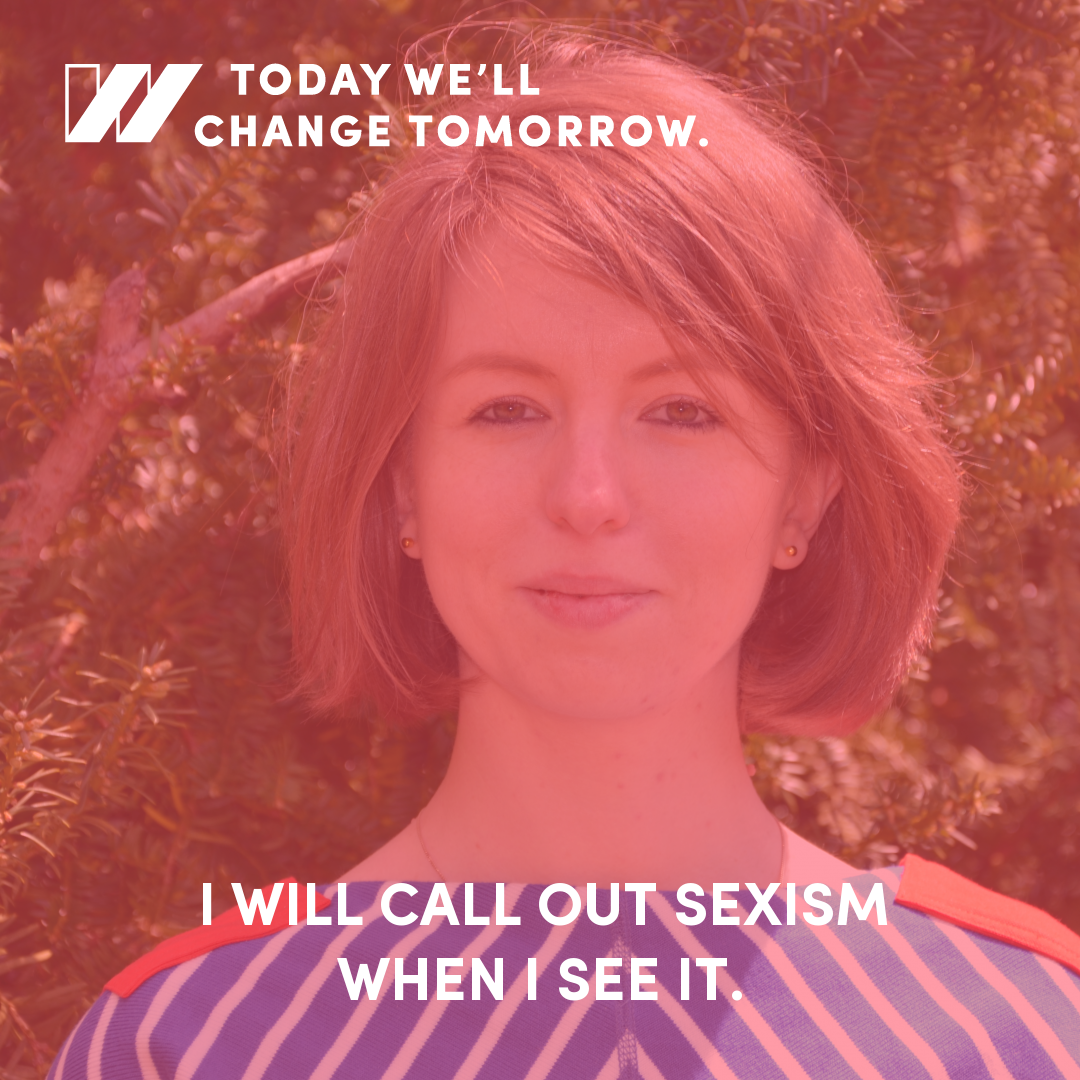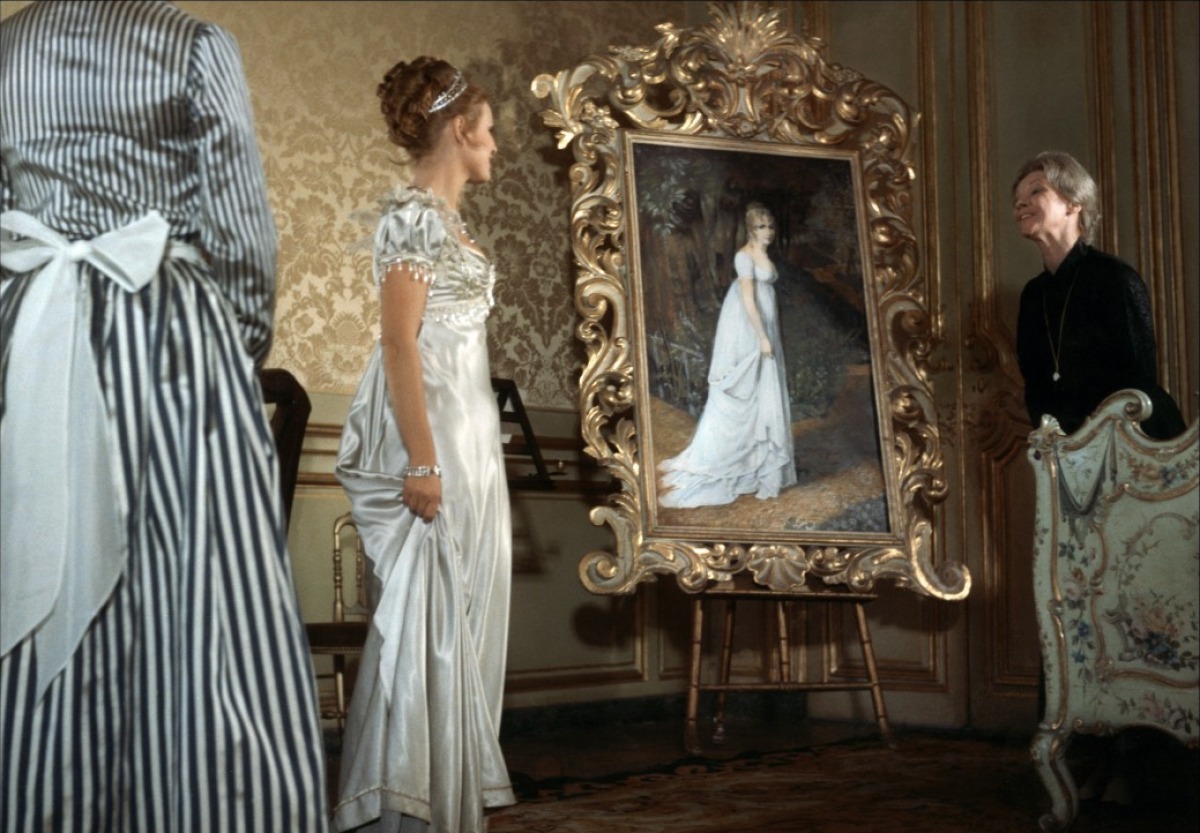On 22 March, our founder and editor Lucie Goulet gave a speech at the Changing Britain Festival at the Southbank Centre in London. Her brief was “British military intervention since the early 1980s”. We reproduce the full speech below:
Let’s open with some pop culture foreign policy. How many of you are familiar with Yes, Prime Minister? If you’re not, it’s a political satire that takes place in Westminster in the 1980s, and was one of Margaret Thatcher’s favourite TV shows.
The first Yes, Prime Minister episode, The Grand Design, sees PM Jim Hacker considering nuclear deterrent. This is 1986 and the fear that Russia will invade is fairly high. The idea is that the threat of the bomb will stop this from happening.
The Grand Design shows the absurdity of it. Hacker’s advisor asks him when he would push the proverbial button: Germany, Paris, the British coast? Piccadilly Circus?
So the 1980s were defined by this fear of nuclear annihilation yet it doesn’t show as much in terms of British interventionism. The two main conflicts Britain became involved in that decade were far from the Cold War theatres: the Falklands and the multinational force in Lebanon.
In many ways, these two interventions exemplify the three points I am going to make tonight: we mostly fight alongside America, which was involved in the peacekeeping mission; British wars have evolved from the typical two side war of the Falklands to wars involving non-state actors and both interventions had a strong domestic element.
To recap the three points I am about to make are:
- We fight alongside America
- We fight more and more non-state actors
- We intervene to sort out politics at home
1- Fighting alongside America
Lets start with examining how we fight alongside America.
Out of the 11 conflicts in which the UK has been engaged over the past three decades, nine directly involved the US. In some cases, the UK encouraged the US to go to war - as with Kosovo - sometimes it was the other way round, most famously with the 2003 Iraq intervention.
There have been books and films made about the “special relationship” between the US and the UK when it comes to defence, including one by HBO in 2010 called The Special Relationship. If you haven’t seen it, imagine intense discussions between Dennis Quaid as Bill Clinton and Michael Sheen as Tony Blair over their respective destinies and, more importantly here, about the Kosovo conflict.
Kosovo is one of the few military interventions that’s considered justified on humanitarian grounds. In 1999, with Bosnian Serbs under President Milosevic exercising a tyrannical rule over Kosovar Albanians, NATO powers intervened in the Balkans, leading to Milosevic’s eventual capitulation. Blair was instrumental in convincing Clinton to support a military intervention and took a leading role in defining strike location with NATO.
The intervention was an example of the Blair doctrine of international community, a version of responsibility to protect. It is far from having unanimous support in the international community. Blair laid out the idea in a Chicago speech in April 1999 as the Kosovo conflict was raging: he argued that powers need to step up and take responsibility for humanitarian issues, even when it isn’t directly a matter of national interest. A state can intervene in another state, even if not provoked, as a way of preventing an imminent humanitarian disaster.
Yet when people refer to the special relationship, they don’t really think Blair-Clinton, or even Winston Churchill who actually coined the phrase. They think about Blair and Bush, and how the British PM came to be known as the American President’s “poodle” as a result of his perceived tendency to follow George W Bush no matter the evidence (the WMD evidence was controversial from the start) and the possible consequences (war seen as illegal by most experts, experts disagreeing that it would be a quick and easy war).
There was increasing pressure at home not to go to war against Iraq, including thousands marching in the streets of London in 2003. Maybe you walked alongside them, and one way or another I’m sure you had an opinion on the war at the time. I was living in France so, as you can imagine, we were against it. After a drawn-out process, during which the US and the UK tried to obtain approval from the UN Security Council, the two countries eventually intervened in Iraq as part of a coalition of the willing.
Coalition of the willing is a sentence that was invented by Clinton in 1994 to refer to a potential intervention in North Korea, an intervention that never materialised. Terms such as ‘boots on the ground’, the phrasing around going to war in this country is very much defined by America. Another example would be ‘war on terror’, another Bush-ism - widely adopted in English-speaking news and the cornerstone of the Iraq intervention.
The UK left Iraq in 2009, the US in 2011, ending the seventh intervention in which the UK had intervened alongside the US since 1980.
2- We’re not fighting state actors anymore
Now moving on to my second point, about the rise of intervention against non-state actors.
In the 21st century, the vast majority of armed conflicts pit traditional military against non-state actors.
The first significant conflict Britain was involved in in the 1980s was a traditional war, the Falklands. It involved a remote colony and a traditional state actor, i.e. the Argentine military junta. The 2003 conflict in Iraq, the second one Britain had been involved in since the 1990s, was against a state, even if it was a rogue state.
Most enemies since then have been non-state actors, which is to say “armed groups, distinct from and not operating under the control of, the state or states in which it carries out military operations, and which has political, religious, and/or military objectives.”
Al-Qaeda and ISIS are both non-state actors, as have been most opponents in “the war on terror”. ISIS calls itself a state. It does bear some state-like characteristics, like having a territory, circulating money, rendering justice. However, it is little more than a constellation of armed groups loosely affiliated with one another under the nominal direction of al-Baghdadi. This set up was very clear recently in the Charlie Hebdo and Tunisia shootings.
Fighting non-state actors means it’s much harder to define victory. The controversial Falklands war was a victory in the traditional, almost colonialist sense of the term: Britain kept sovereignty over the islands, the Argentinians withdrew. The end.
You can’t say that of the interventions in Afghanistan, Iraq or Libya over the past 14 years. Yes, Britain went and left but the current campaign against ISIS is in many ways a direct continuation because of the feelings it left both in the local population and at home. Radicalisation of a fringe of the British population, and the decision of some individuals to go fight alongside ISIS, finds roots in the demonization of Islam, which has taken place and in the military interventions mostly aimed at Muslim-dominated nations.
War against non-state actors isn’t just difficult to define, it’s fought differently. Traditional war, in many ways, is one army of professionals fighting another, one known entity fighting another: it’s mirror images fighting each other.
Terrorist non-state actors are unpredictable and don’t respect the laws of war. You probably remember those horrific front-page pictures and stories of the murders carried out by ISIS. Geneva Conventions are ignored when fighting against non-state actors, even when states are still bound by domestic and international law. Preparing against non-state actor attacks, such as suicide bombing, is a challenge.
The lack of predictability means non-state actors use fear as a weapon. By doing so, by scaring the population of a nation into supporting or opposing an intervention, they affect political decisions back home.
Which brings me to my third point: how intervention abroad is really about what is happening at home.
3- Intervention is always about what happens at home
The UK has been part of the coalition against ISIS since last September, after the government gained the majority in the House of Commons. It is currently intervening in Iraq for the third time over the past 35 years. The second time, which lasted three years from 2003 to 2009, didn’t go well and burnt a lot of politicians.
In August 2013, despite the Assad regime’s use of chemical weapon, in violation of a universal ban, David Cameron lost a vote in the Commons to intervene on the ground. At the time it was heralded as a rare blow of this magnitude to a sitting government on a key diplomatic issue. MPs on both side of the aisle were unwilling to put boots on the ground because they feared the conflict would drag on and affect their own electoral prospects, in the same way it had affected Blair and Labour.
To return to the Falklands - Thatcher was struggling on the home front. In the spring 1982, her standing within the Conservative party was shaky following a difficult party conference the previous autumn and open dissent. The Falklands defined Thatcher as the character we now know her for as much as her head-to-head with the unions or her standoff on the European market.
To conclude,
British intervention over the past 35 years has met with varying results. Whereas a mission like Kosovo fulfilled its briefs, the ever-changing nature of military interventions against non-state actors means that conflicts now drag on and on and self-perpetuate.
Alone among European nations, Britain has been at war consistently since 1914. After troops left Afghanistan, the armed forces were said to hope for a respite, which considering the current intervention against ISIS has yet to materialise.
Even though we are still intervening abroad, these interventions are changing. A month ago, The Economist surveyed the British effort against ISIS and found that we had carried out less than one air strike a day, and that there were only three soldiers based outside Kurdish areas, whereas America had over 3,000. Britain is now the sixth country globally in terms of defence spending (US is first). Earlier this month, Samantha Power, US ambassador to the UN, actually called the defence budget cuts “concerning”, which many analysts took as a suggestion of another crack in the ‘special relationship’.
Surveys suggest the British people want Britain to remain a significant power on the world stage, a goal military intervention is part of. However, military intervention without a long-term vision is scattered and risky. Unless the next government redefines the UK intervention principles as well as what the special relationship means in the 21st century, it’s hard to imagine that this will change anytime soon.








